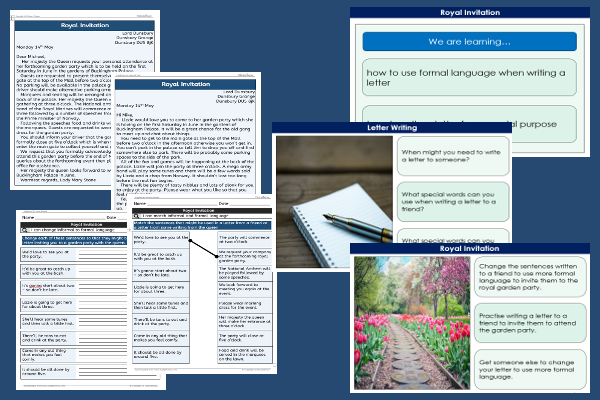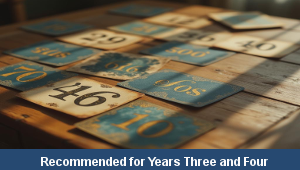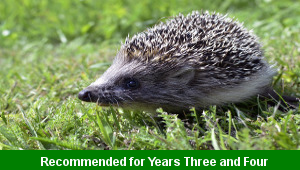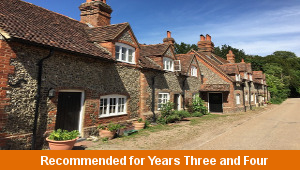Royal Invitation

This English teaching pack for Key Stage Two gets the children to practise selecting matching vocabulary words and sentence structures to write formal and informal letters of invitation for a special Royal garden party.
The class can identify and explain when they might need to use examples of formal or informal language for specific purposes in different scenarios.
Download this teaching pack including classroom activities and an interactive presentation to practise selecting matching vocabulary words and sentence structures to write formal and informal letters of invitation for a special Royal garden party
Activities in this teaching pack include a shared reading text to identify and explain how to structure and format formal and informal letters of invitation for a Royal garden party and worksheets to select, match and convert informal phrases that might be used in a letter that contains formal language.
The interactive presentation gets the children to explore how to use vocabulary and sentence structures to write formal and informal letters of invitation for a Royal garden party.
This lesson is part of an English scheme of work to get the children to investigate how to compose and present invitations, speeches and toasts to manage and organise a special party or celebration using examples of formal language. There are teaching activities for shared learning, differentiated worksheets to support independent learning and interactive presentations to introduce concepts and key skills.
-

Rounding Hundreds
Explain and model how to round some different numbers to the nearest hundred based on the place values of the digits in each number
-

Rounding Tens
Identify and record how to round some different numbers to the nearest ten based on the place values of the digits in each number
-

Classic Animal Stories
Investigate the structure and content of classic works of fiction by significant authors with animals as the main characters
-

Cities, Towns and Villages
Research and present the history of a range of different buildings and people that are part of the local community using a school exhibition
